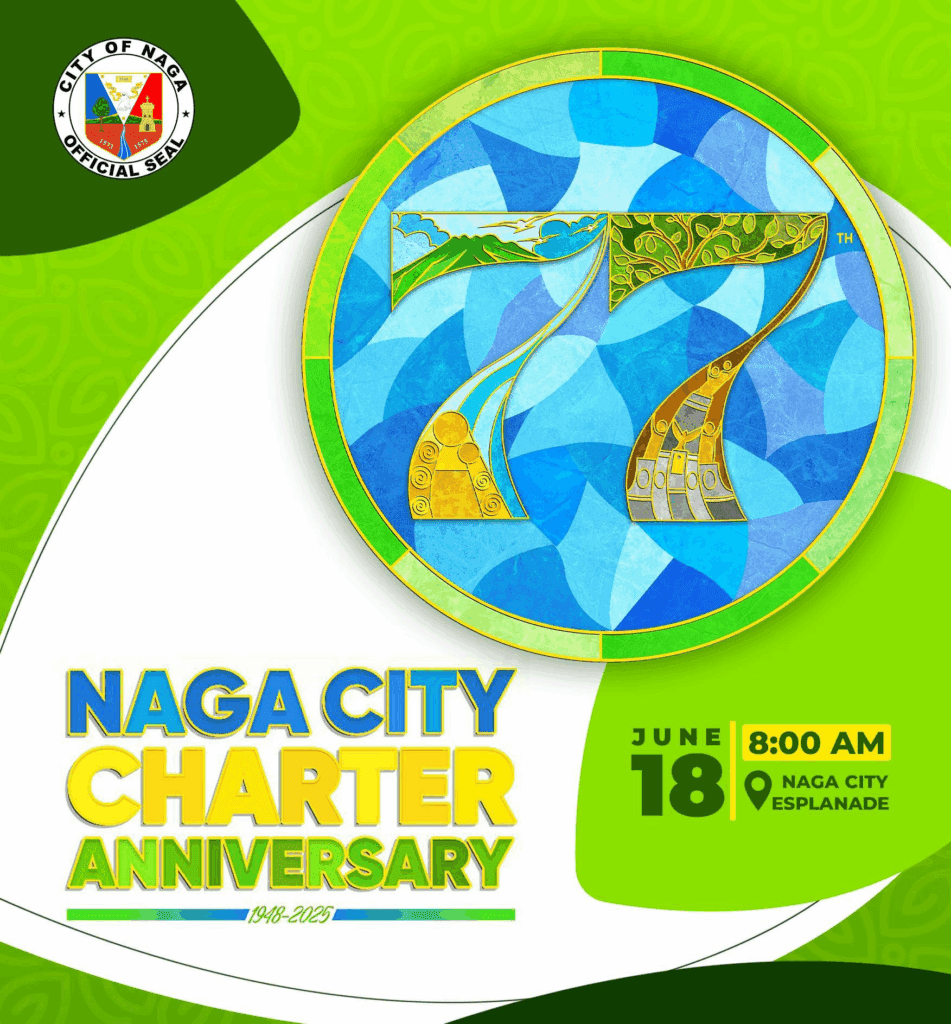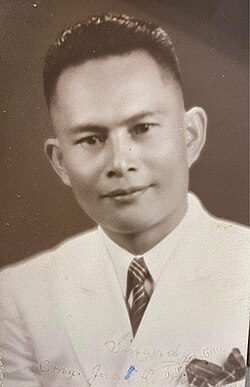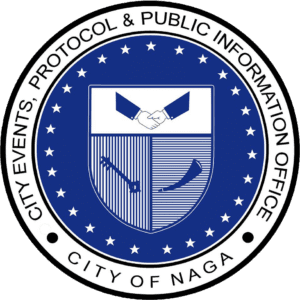
THE CITY OF NAGA today proudly commemorates another year since it reclaimed its cityhood—an enduring symbol of its identity, resilience, and people-first governance. This Charter Anniversary marks not only a legal milestone but the long journey of transformation from a Spanish royal city to a modern, independent component city at the heart of the Bicol Region.
As we celebrate this important date, we look back at the historical roots, wartime sacrifices, and visionary leadership that shaped the Naga we know today.
A Colonial Beginning: The Royal City of Nueva Cáceres (1575–1900)
Founded on June 15, 1575, by Spanish Captain Pedro de Chávez, Ciudad de Nueva Cáceres was named in honor of Governor-General Francisco de Sande’s hometown in Spain. It soon became one of the original five ciudades reales in the country, alongside Manila, Cebu, Vigan, and Iloilo.
As the seat of the Diocese of Cáceres, established in 1595, the city was a hub for religion, administration, and early education. For more than three centuries, it stood as a vital colonial center in southern Luzon.
Shift and Survival: Merging into Naga (1902)
With the advent of American rule, colonial structures were reorganized. In 1902, Ciudad de Nueva Cáceres was dissolved through Act No. 349 and merged with the adjacent and thriving native settlement of Naga, whose name is believed to come from the narra trees (called “naga” in the local dialect) abundant in the area.
Though it lost its Spanish-era designation, the city remained the capital of Camarines Sur and retained its influence as the heart of the region’s commerce, education, and spirituality.

Juan Querubin Miranda
Juan Q. Miranda was a Filipino patriot, guerrilla leader, and legislator from Camarines Sur, remembered for his courageous service during World War II and his pivotal role in restoring Naga’s cityhood. Miranda was the 1st Representative of the 1st Congressional District of Camarines Sur. He authored Republic Act No. 305, which re-established Naga as a chartered city in 1948. His contributions to both national freedom and local development have made him a respected figure in Bicolano and Philippine history.
A Patriot’s Legacy: Juan Q. Miranda and the Restoration of Cityhood
As we celebrate today’s Charter Anniversary, we also honor Juan Q. Miranda, a key figure in Naga’s modern story. During World War II, Miranda rose as a guerrilla leader in Bicol’s resistance against Japanese forces—an embodiment of bravery and commitment to freedom.
After the war, Miranda continued serving the nation in Congress, where he authored Republic Act No. 305 (view here), restoring cityhood to Naga. Signed into law on June 18, 1948 by President Elpidio Quirino, the charter officially re-established Naga as a city—this time under the Philippine Republic, free from colonial rule.
Naga’s inauguration as a chartered city was held on December 15, 1948, with Leon SA Aureus as the first appointed city mayor.
Naga Today: An Independent Component City
Naga is now a proud independent component city. While geographically located within the province of Camarines Sur, it operates with political autonomy—its residents do not vote for provincial officials, and its local government manages internal affairs independently. This status empowers Naga to implement tailored programs and policies that directly address the needs of its urban community.
Milestones of Innovation, Governance, and Faith
In the decades since its charter, Naga has emerged as a national leader in local governance, often cited as a model for transparency, innovation, and people participation. The late Mayor Jesse M. Robredo, a beloved son of the city, transformed Naga into a hub of citizen-centered development during his term in office.
Among Naga’s achievements:
- Institutionalized People Empowerment: Through the pioneering Naga City People’s Council (NCPC), Nagueños gained direct involvement in city governance.
- E-Governance and Open Data: The city embraced transparency through digital platforms, making budget data, planning documents, and council proceedings publicly accessible.
- Economic and Educational Growth: Naga is now a center for BPO, retail, and small enterprise growth, while remaining home to top educational institutions and seminaries.
- Religious and Cultural Vitality: The Our Lady of Peñafrancia devotion draws millions each year, making Naga the spiritual capital of the Bicol Region.
Looking Ahead: A City Rooted in History, Driven by Vision
As Naga marks another Charter Anniversary, it celebrates not just its founding as a city, but the values that have sustained it: courage in the face of adversity, honest and responsive leadership, and a citizenry deeply engaged in public life.
From its origins as Ciudad de Nueva Cáceres to its rebirth as an independent component city, Naga has continued to serve as a model of what local governance can achieve when guided by community values and a shared vision.
Mabuhay ang Ciudad nin Naga! Happy 77th Charter Anniversary!
Did you know?
Republic Act No. 9210 declares June 18 of each year as Naga City Charter Day and a special nonworking holiday in the City of Naga to commemorate the charter anniversary of the said city. This repealed RA 9089, which previously set the Charter Day Celebrations on December 15.
It originated in the House of Representatives and was finally passed by the House on April 23, 2003, and by the Senate on January 22, 2003.
RA 9210 took effect upon its approval on June 11, 2003. It was approved by then President Gloria Macapagal Arroyo.
